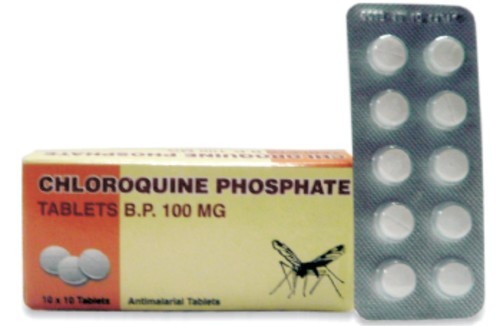On Thursday, U.S. President, Donald Trump announced the approval and possible use of chloroquine, the malaria drug against coronavirus as cases across
On Thursday, U.S. President, Donald Trump announced the approval and possible use of chloroquine, the malaria drug against coronavirus as cases across the country soared past 10,000 with over 150 deaths. Trump said the Food and Drug Administration, FDA, a federal agency of the United States Department of Health and Human Services had approved the drug but the regulatory agency contradicted the claim, PremiumTimes is reporting.
Stephen Hahn, the commissioner of the FDA, contradicteed the president, saying chloroquine was still undergoing clinical testing in order to gauge its effectiveness.
“We want to do that in a setting of a clinical trial. I have great hope for how we are going to come out of this situation. What’s also important is not to provide false hope,” Hahn said, according to CNN. “
Meanwhile, authorities in Nigeria where the use of Chloroquine for malaria was banned in 2005 due to high treatment failures resulting from drug resistance, said the drug is yet to be confirmed as one of the sure drugs in the treatment of coronavirus. Minister of State for Health, Olorunnimbe Mamora, said there is yet to be a certain acceptable drug in the treatment of the new disease as lots of clinical trials are still ongoing.
Chloroquine and a related drug, hydroxychloroquine, are among the four treatments undergoing lab studies and international clinical trials for its potentials in treating Coronavirus, it was learnt.
Doctors in France said 25 per cent of patients who received the drug (chloroquine) tested positive for the virus after six days, compared with 90 per cent of those who did not receive it, according to the UK Guardian.
But despite its remarkable potential, the World Health Organisation (WHO) is yet to make a statement about the place of chloroquine or its effectiveness in the treatment of the disease.
Asides chloroquine, the HIV treatment drug, Kaletra; the anti-flu drug, favipiravir; the Ebola drug, remdesivir are some drugs undergoing clinical trials.


